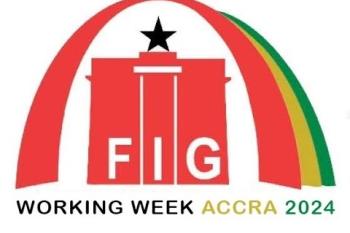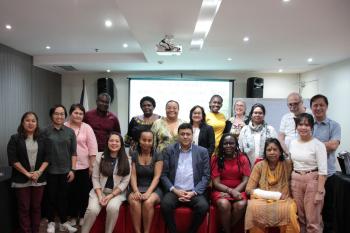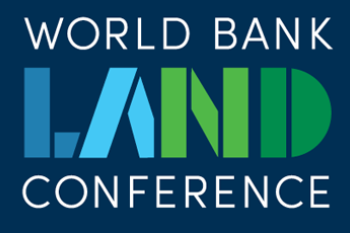Land Reform in DR Congo gets major boost
UN-Habitat's land reform programme in the Democratic Republic of Congo has received a major shot in the arm following two additional fundings.
The United States Agency for International Development (USAID) recently signed a grant agreement with UN-Habitat to expand the implementation of a land program in DR Congo through to 2014. The grant totaling USD 2.5 million will be channeled towards tackling land disputes in Eastern DR Congo as part of the land reform efforts already in progress.
This USAID grant came barely a week after the Global Land Tool Network (GLTN) Secretariat and the Regional Office for Africa (ROAf) of UN-Habitat signed a one-year agreement to support the land reform efforts in the country.
USAID began funding the UN-Habitat land program in 2010 under the framework of the International Security and Stabilization Support Strategy (ISSSS).
Under the agreement, USD100, 000 granted to GLTN secretariat will be directed towards streamlining core activities listed within the road map already agreed on between various stakeholders and the Congolese government following a national workshop held in July 2012. The Regional Office for Africa will also contribute USD105, 000 in cash and kind to strengthen the process.
GLTN and ROAf, through the DRC Land program support the land reform process by promoting knowledge management, land sector coordination, undertaking capacity development and piloting selected GLTN land tools such as enumeration, Social Tenure Domain Model, gender evaluation criteria and transparency in land administration.
Since 2009, UN-Habitat, in collaboration with the Office of the United Nations High Commissioner for Refugees (UNHCR), has continued to facilitate a land program in DR Congo within the stabilisation framework set up by the international community. The program addresses land disputes in the war affected zones in Eastern DR Congo in addition to supporting the Congolese government's efforts in improving land governance and its land legal and institutional frameworks. The government has expressed its commitment to reform in its land sector as a step towards both peace and development.
Global Land Tool Network is a partnership of 50 global land actors working towards securing land and property rights for all.


